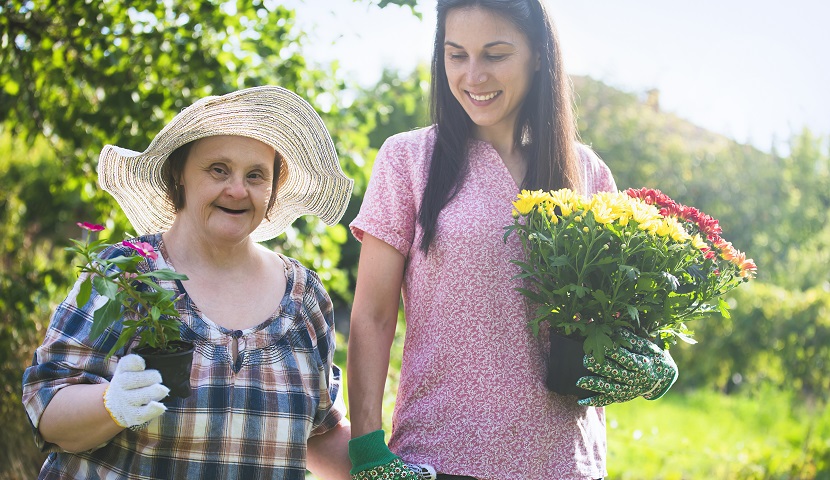Health care and social assistance
Key safety information and resources for workers in the hospital, aged care, disability support and early childhood education and care sector.
Find codes of practice, translated resources and information about when to notify SafeWork NSW on the safety information for your sector page.
Learn more about our commitment to the health care and social assistance sector including our action plan to 2025.
Sector plan evaluation report
The HCSA Sector Plan concluded in December 2022, and an evaluation of the outcomes has been finalised. The evaluation report provides clear conclusions and recommendations based on the achievements of the Sector Plan initiatives.
Findings were developed through in-depth interviews with industry and internal SafeWork NSW stakeholders, and a survey of employers and workers across target HCSA industries.
If you would like to receive a full copy of the evaluation report, please send your request to health@safework.nsw.gov.au including your name, organisation and email address.
Safer Work Safer Care
This video discusses making the health and safety of workers a priority within the health care and social assistance sector. Subtitles are available in the following languages: Arabic, Nepali, Punjabi, Chinese Simplified, Chinese Traditional, Filipino (Tagalog) and Vietnamese.
This video explains how we help the health care and social assistance sector provide safer work, safer care.



